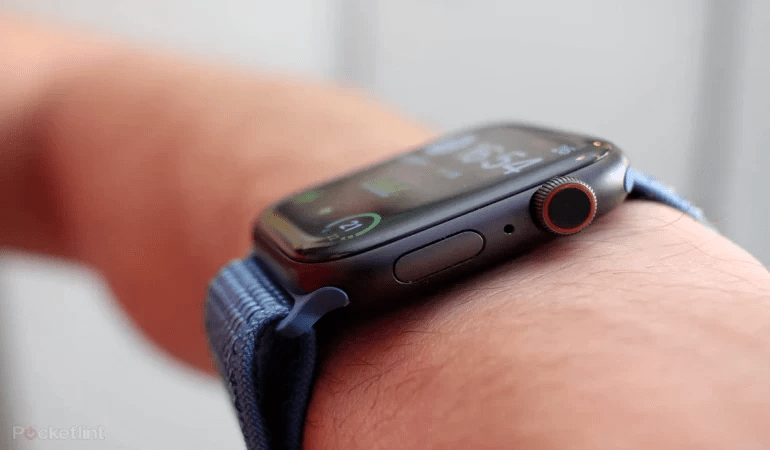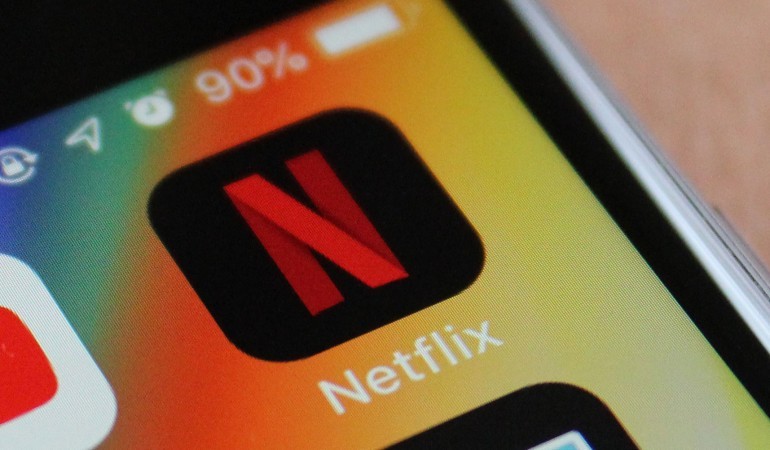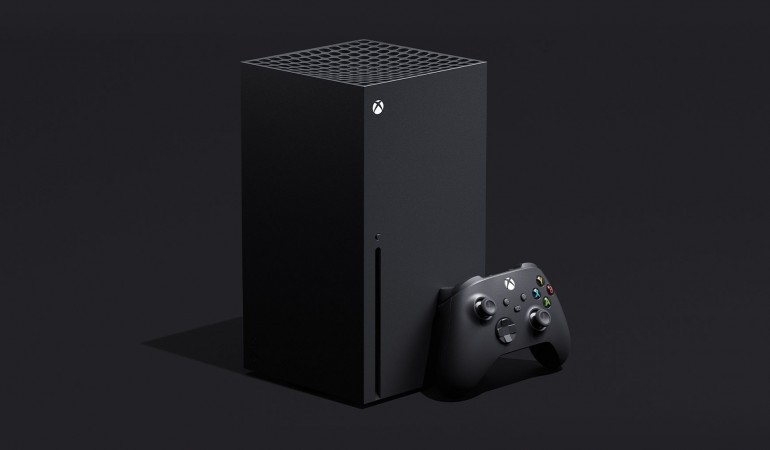Facebook takes on Zoom with new video calling features
Messenger Rooms will let you join group video calls even if you don't have a Facebook account.

Facebook is releasing a new feature that lets you video chat with multiple people through Messenger even if you don't have a social media account, a move that could help the company compete with popular videoconferencing app Zoom.
The world's largest social network calls this new tool Messenger Rooms, and it can accommodate up to 50 people in a group video chat. You can invite others who don't have a Facebook account by sharing a link to the video chat. The company plans to add this feature to other messaging services it owns, including Instagram Direct and WhatsApp. There'll also be a way to create rooms though Facebook's video chat device Portal.
1-messenger-rooms-main-mobile
Facebook's new Messenger Rooms feature lets you invite anyone to a group video call.
Facebook
Video calling has skyrocketed during the coronavirus pandemic as more people stay at home to combat the spread of the virus, which causes a respiratory illness known as COVID-19. The release of the new feature shows how Facebook has been shifting its focus to products that people are using more during the pandemic. In April, Facebook Messenger released a new desktop app so users could chat on a bigger screen. Facebook-owned WhatsApp is also planning to expand group calls so you can voice or video call up to eight people.
Facebook CEO Mark Zuckerberg said in a live broadcast on Friday that Messenger Rooms allows your friends and family to drop in at any time.
The release of the new tool is part of Facebook's efforts around "video presence," which he defined as the ability to feel like you're connected to someone live over video.
"Video presence isn't just about calling someone," Zuckerberg said. "It's starting to be a fundamental building block of a private social platform with lots of different use cases."
Making it easier to video chat also comes with risks. Zoom came under fire for not doing enough to protect privacy and security after people hijacked calls on the service to share inappropriate or unexpected content including hate speech, profanity and pornography -- a practice known as Zoom-bombing. Zoom has taken several measures to address those concerns, including making it easier for hosts of meetings to find security features that can limit access to a video chat. Facebook has been plagued with several privacy woes, including the Cambridge Analytica data scandal, so users might be wary about using its service to video chat.
















